

Haiti_FGD_ParticipatoryMapping_Tool_Jeremie_Nov2016
DOCX41.2K
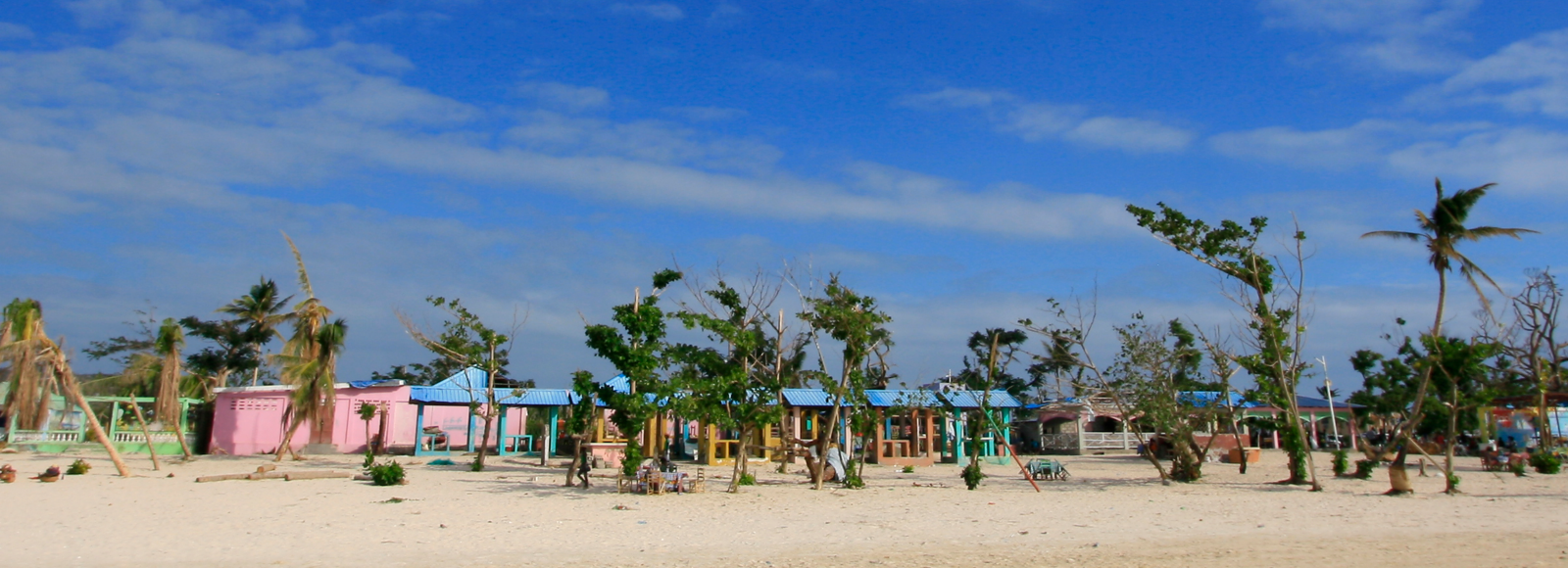
IMPACT returned to Haiti through its REACH initiative in 2020 in order to inform responses being developed to mitigate the effects of the tropical storm Laura (August 2020), the COVID-19 pandemic, and increased violence triggered by socio-political events particularly in the Metropolitan Area of Port-au-Prince. Since REACH returned to Haiti, they have been able to inform the response for the 2021 earthquake through the Joint Market Monitoring Initiative and participative area-based assessments.
The regular occurrence of natural disasters in Haiti as well as the continuously worsening situation of violence and political instability leaves the vast majority of the Haitian population in a vulnerable state. In using our specific technical abilities, REACH has been working with humanitarian coordination structures and sectoral groups as well as governmental actors and local representatives of communities in order to provide reliable and relevant information to humanitarian actors and decision-makers.
Most recently REACH is concentrating on ensuring pertinent and comparable data to inform the HNO/HRP cycle of 2022/2023 through conducting our flagship Multi-Sectoral Needs Assessment (MSNA) across the entire country with a particular focus on the Metropolitan Area of Port-au-Prince. In addition to this, REACH is introducing area-based approaches to response planning in close collaboration with communities and local actors in order to support locally adapted and participative approaches to aid and early recovery. Finally, REACH is focusing on using their GIS (Geographic information systems) capacities as well as a coordination approach in order to raise awareness and capacities to deal with natural disasters and shocks.
The overall security and humanitarian situation in Haiti have continued to spiral in the past year, with limited aid reaching the population. Our research highlights the urgent need for shelter, the challenges in aid distribution, and the necessity for inclusive and sustainable planning.
Community Voices from Haiti
Community members in Carrefour-Feuilles pointed to the fact that assistance is only available in displacement sites, and that distributions are often chaotic due to lack of resources and preparation at distribution point.
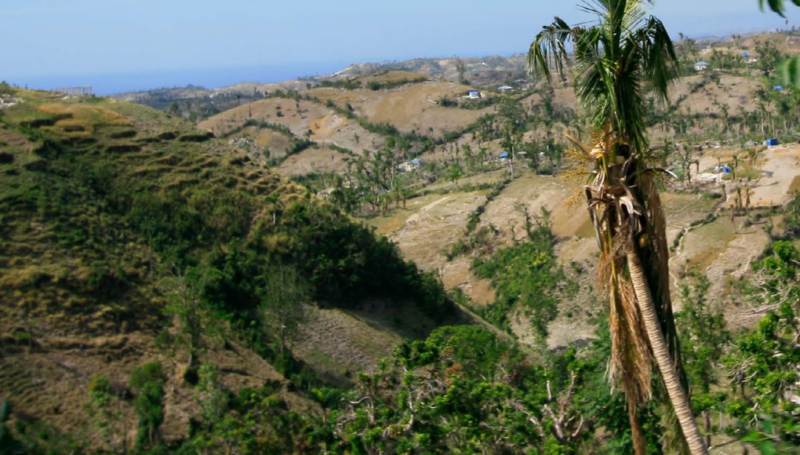
As of 2024, Haiti faces an unprecedented humanitarian challenge marked by a resurgence of violence and persistent climate shocks. Our latest brief, highlights the severity of this multidimensional crisis, with...
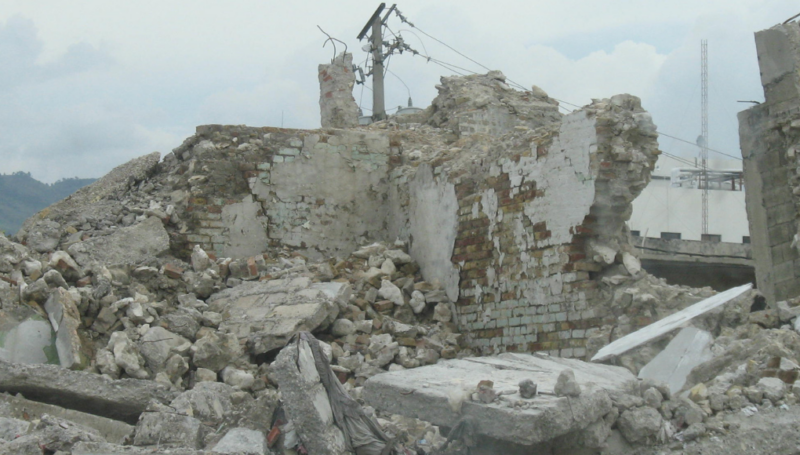
The overall security and humanitarian situation in Haiti have continued to spiral in the past year, with limited aid reaching the population. Our research highlights the urgent need for shelter,...
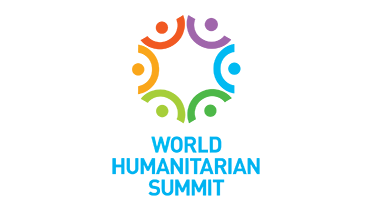
By 2050 over 70% of the global population will live in urban areas.


Haiti_FGD_ParticipatoryMapping_Tool_Jeremie_Nov2016
DOCX41.2K


HTI_IMPACT_Urban Assessment_Tool_FGDsandPM
DOCX37.9K


HTI_Urban Assessment_Tool_KeyInformants
XLA|XLS|XLT|XLW89.0K

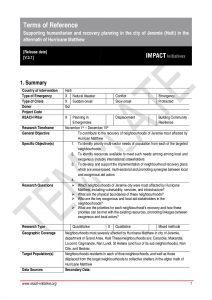
HTI_Terms of Reference_Urban Assessment_November 2016
PDF276.8K

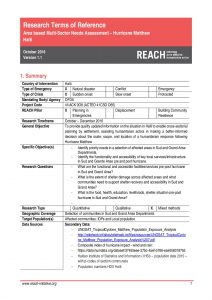
HTI_Terms of Reference_MSNA Matthew Response_October 2016
PDF449.2K


HTI_REACH_MSNA_Key Informant Questionnaire_Final
DOCX57.6K


HTI_REACH_Participatory Mapping Tool_Final_FR
DOCX688.7K

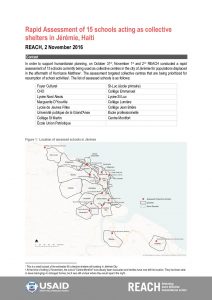
HTI_Report_Schools Used as Collective Centres in Jérémie_2 November 2016
PDF449.4K


HTI_MSNA_Dataset_Key Informants_Final
XLSX138.1K